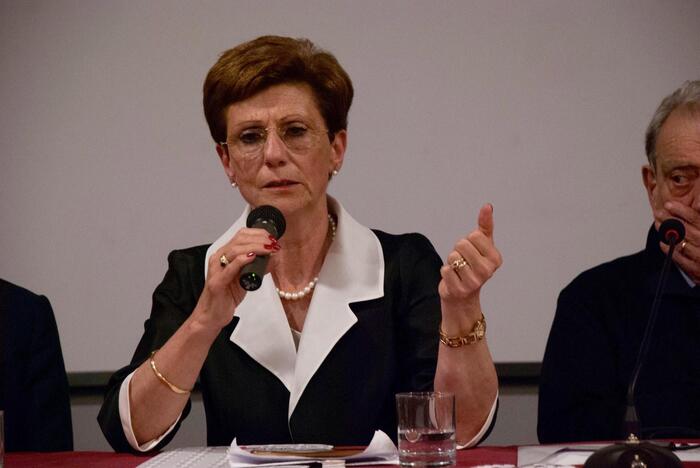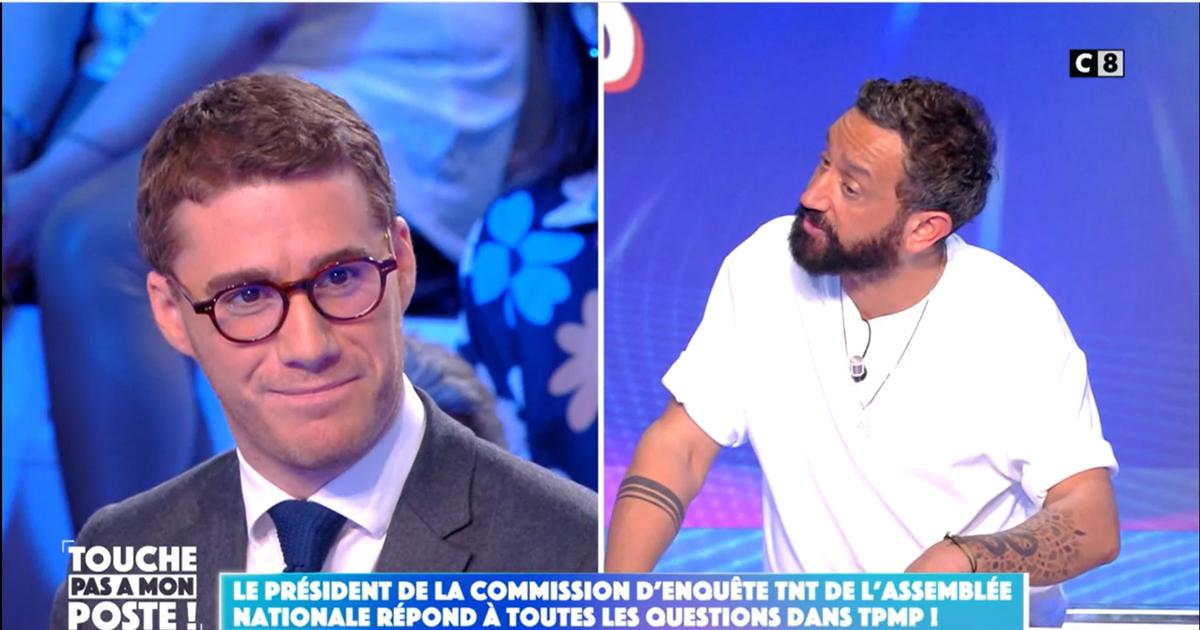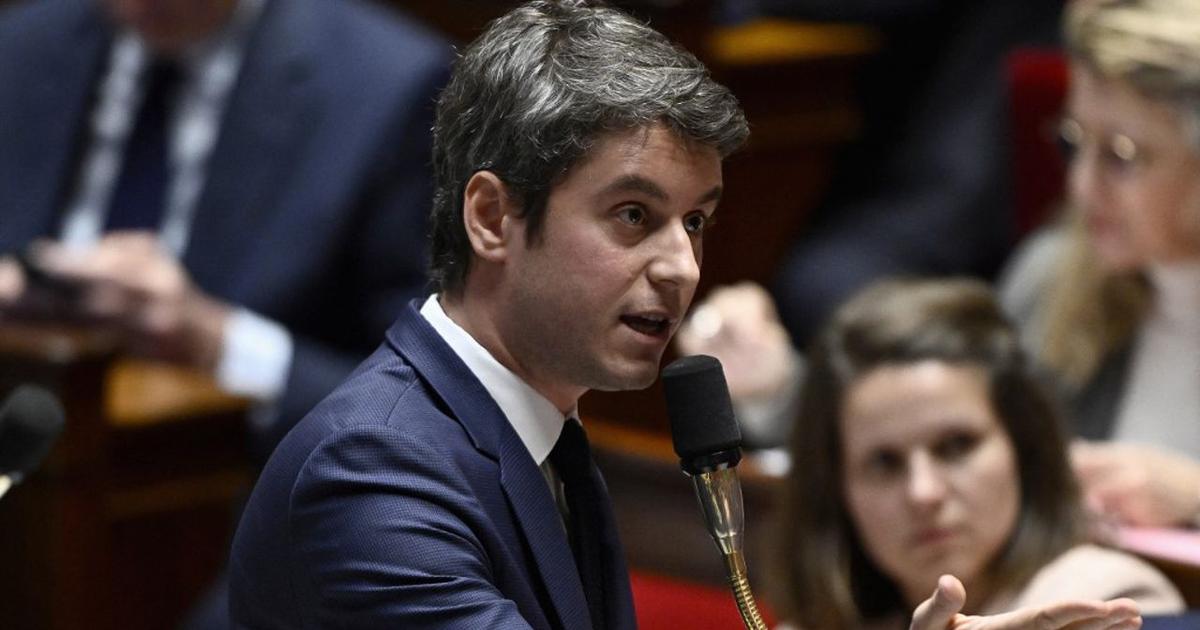Damascus-SANA
Today, the activities of the National Seminar for Translation, held by the Ministry of Culture - the Syrian General Book Organization, concluded.
In cooperation with Damascus University, the Higher Institute of Translation, the Arabic Language Academy, the Arab Writers Union, and the Syrian Publishers Union, at the Al-Assad National Library in Damascus, in the presence of a number of members of the Arab Writers Union, a crowd of translators and those interested in cultural affairs.
Today’s topics were divided into two sessions. The first was moderated by Dr. Fouad El-Khoury, in which he presented a working paper entitled “Machine Translation and the Problem of Creativity,” during which he explained the benefit of machine translation, while the intervention made by Adnan Azzouz dealt with the advantages of texts with machine translation compared to human translation, reviewing how it works. Machine translation, and its development to reach the so-called artificial intelligence, stressing that this translation, although it has reached a far advanced point, it remains insufficient in realizing the aesthetics of creative texts sought by human translators.
Hossam El-Din Khaddour spoke in his working paper about creative translation in the business world, reviewing some terms in this field, and the role of the business world in expanding the area of interest in translation until it became a societal need, indicating the differences between translation and creative translation, which is more expensive than translation, and produces a new message. Besides, it is a marketing work.
As for Alaa Abu Zarar, she refuted in her working paper the levels of comparison between two translations, and talked about the problems and benefits of multiple translations of the same work, and took the translations of Mounir Baalbaki and Ziad Al-Awda for Victor Hugo’s masterpiece “Les Miserables” as a model.
The second session, which was moderated by Dr. Basil Masalmeh, was initiated by Dr. Mamdouh Abu Alwi with the first axis titled “The issue of translation from an intermediate language”, and Dr. Maysoon Ali continued with its axis, “Translation as a Creative Activity… Theater as a Model”.
And Dr. Reem Shamiya, in the working paper that she participated in entitled “Literary translation: the problem of creativity in the transfer of culture”, and divided its content into two parts. Everyone who works in the field of translation is fully aware that the role of the translator is no less important than the role of the author.
Tharaa Al-Roumi concluded the symposium with her participation, “Translating poetry between the hammer of imitation and the anvil of renewal,” in which she presented a paradox that most of those who described this experience as a sterile state were those who translated poetry, and used the analogy of the English poet Percy Bysshe Shelley, who likened it to transferring a violet flower from the soil it grew to a vase.
In a statement to SANA, she indicated that she discussed the necessity of translating poetry in the spirit of the text, which gives it an additional dimension, and that the translator be a poet, and she addressed the topic of rhymed and metered poetry, Rubaiyat al-Khayyam and the translation of Ahmed Rami, whose masterpiece Umm Kulthum sang, as some found that the translation surpassed the original, describing the symposium. The event that researchers and translators thirst for, and sees it as an opportunity to soar into the horizons of the translation world.
Regarding the title of the symposium, the Director General of the Syrian Book Organization, Dr. Nayef Al-Yassin said: “This year’s topic was the relationship of creativity with translation, and in fact it is one of the most important and problematic issues, especially in translating literary works, prose, poetry and theatrical works, because it is related to the translator’s relationship with creative work, and the extent to which The existence of creativity in the translation itself,” noting that a set of questions were raised in the symposium, hoping that researchers would address them and the participants would come out to search for answers to them, and thus the symposium would have achieved a large part of its goal.
In turn, Dr. Basil Masalmeh drew attention to the importance of the contributions made by researchers from various fields of literature related to the field of translation and creativity, in terms of machine translation, theater translation or poetry. When the translator's creativity appears, and his role in putting his personal touches on the spirit of the text.
At the conclusion of the national symposium for translation, certificates of honor were distributed to the researchers who participated in it, while its days were accompanied by a book fair for translated books issued by the Syrian General Book Organization, with a discount of 50 percent.
Amani Farooj
Follow Sana's news on Telegram https://t.me/SyrianArabNewsAgency









